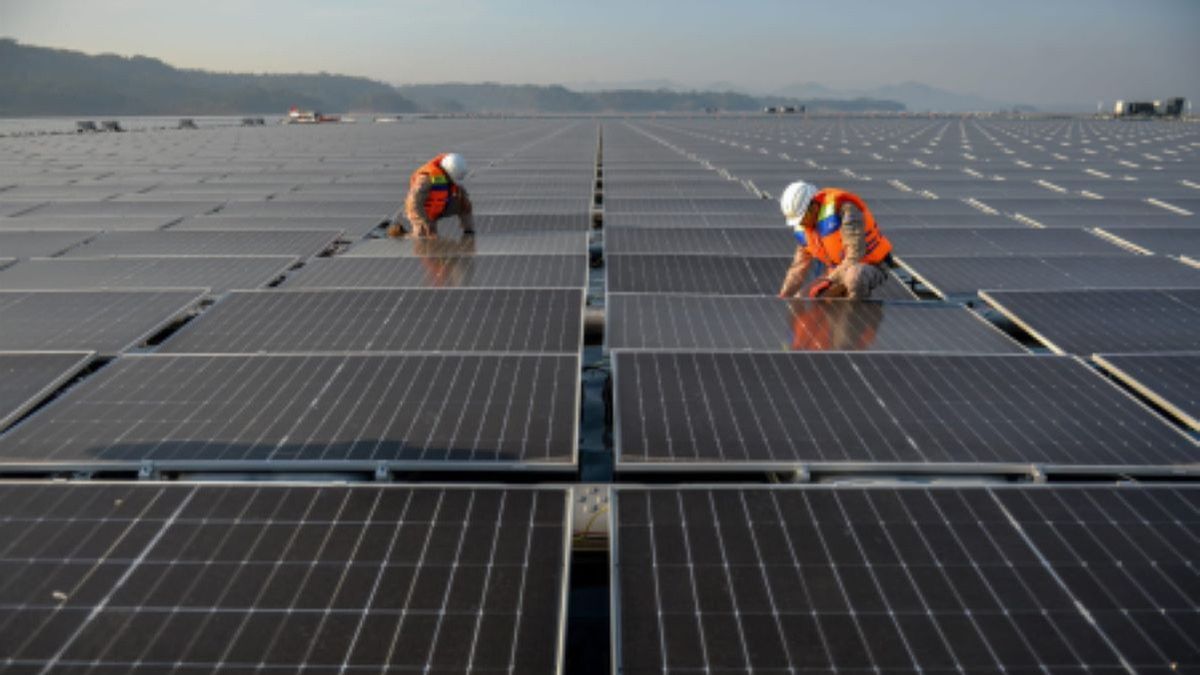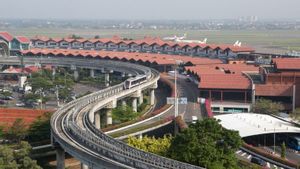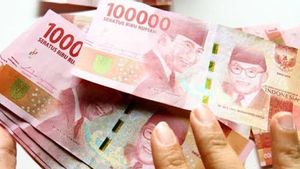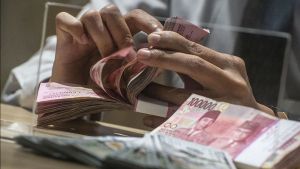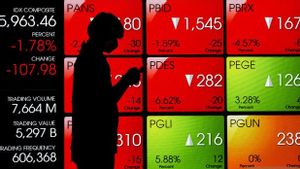JAKARTA - The Indonesian Solar Energy Association (AESI) assesses that Rooftop PLTS is not attractive to household customers.
Chairman of the AESI Expert Council, Arya Rezavidi, said that Rooftop PLTS is in more demand by customers from the industrial sector.
According to him, this is because most household customers use electricity from the Rooftop PLTS only at night.
This condition is different from industrial customers who actually take advantage of solar energy during the day.
"There is no problem with the industry because it is produced & used during the day as well. There is no problem at night," Arya told the media quoted on Wednesday, March 6.
The second factor, he continued, is the government's decision to abolish the regulation on the export of electricity imports in the Minister of Energy and Mineral Resources Regulation Number 2 of 2024 concerning Rooftop PLTS Connected to the Electricity Network of Electric Powerholders for the Provision of Electricity for Public Interest (IUPTLU).
In fact, previously household customers hoped that the regulation on exporting electricity imports to PLN could reduce electricity bills from the state-owned stun company.
"In the past, we hoped that with this import export, the excess, which was unused during the day, was sent to PLN first. So, kwh exports-imports. So, it was sent first in the afternoon to PLN, taken again at night. Now it doesn't exist anymore, it can't be. So, it's not attractive for RT. Meanwhile, this RT is an investment by hoping to reduce the PLN costs," said Arya.
Meanwhile, regarding the abolition of import export regulations, Acting Director General of New Renewable Energy and Energy Conservation (EBTKE) of the Ministry of Energy and Mineral Resources (ESDM) Jisman P Hutajulu explained the government's reason for removing the electricity export rules produced by the Roof Solar Power Plant (PLTS) to PT PLN (Persero) to reduce electricity bills.
Jisman said the export-import rules were removed because the use of the Rooftop PLTS from houses was not very large or only 2-3 percent per year.
"Why not? We dare not issue exports because of the fact that from 149 MW for these households, it turns out that the exports are not more than 2-3 percent of the numbers from PLN," said Jisman when met by media crews at the Ministry of Energy and Mineral Resources Office, Tuesday, March 5.
SEE ALSO:
Jisman said, the electricity produced by PLTS Roofs from household customers has actually been used up for their own needs so that the import export rules are abolished from the latest regulations.
"So that makes us more confident that we will eliminate it (the regulation for exporting electricity imports). Later it will not be charged at what costs, the cost of selling (parallel operations)," concluded Jisman.
The English, Chinese, Japanese, Arabic, and French versions are automatically generated by the AI. So there may still be inaccuracies in translating, please always see Indonesian as our main language. (system supported by DigitalSiber.id)
